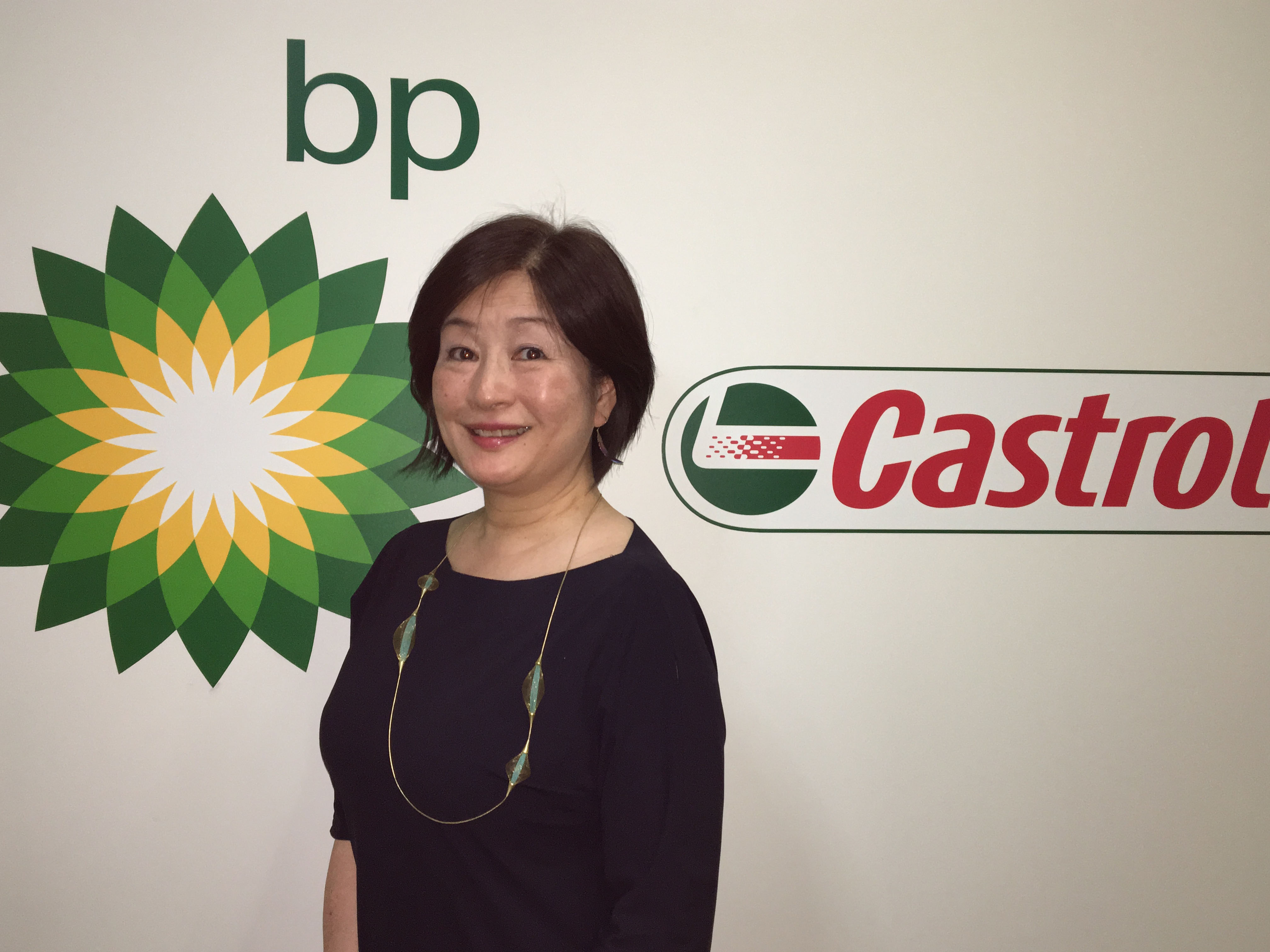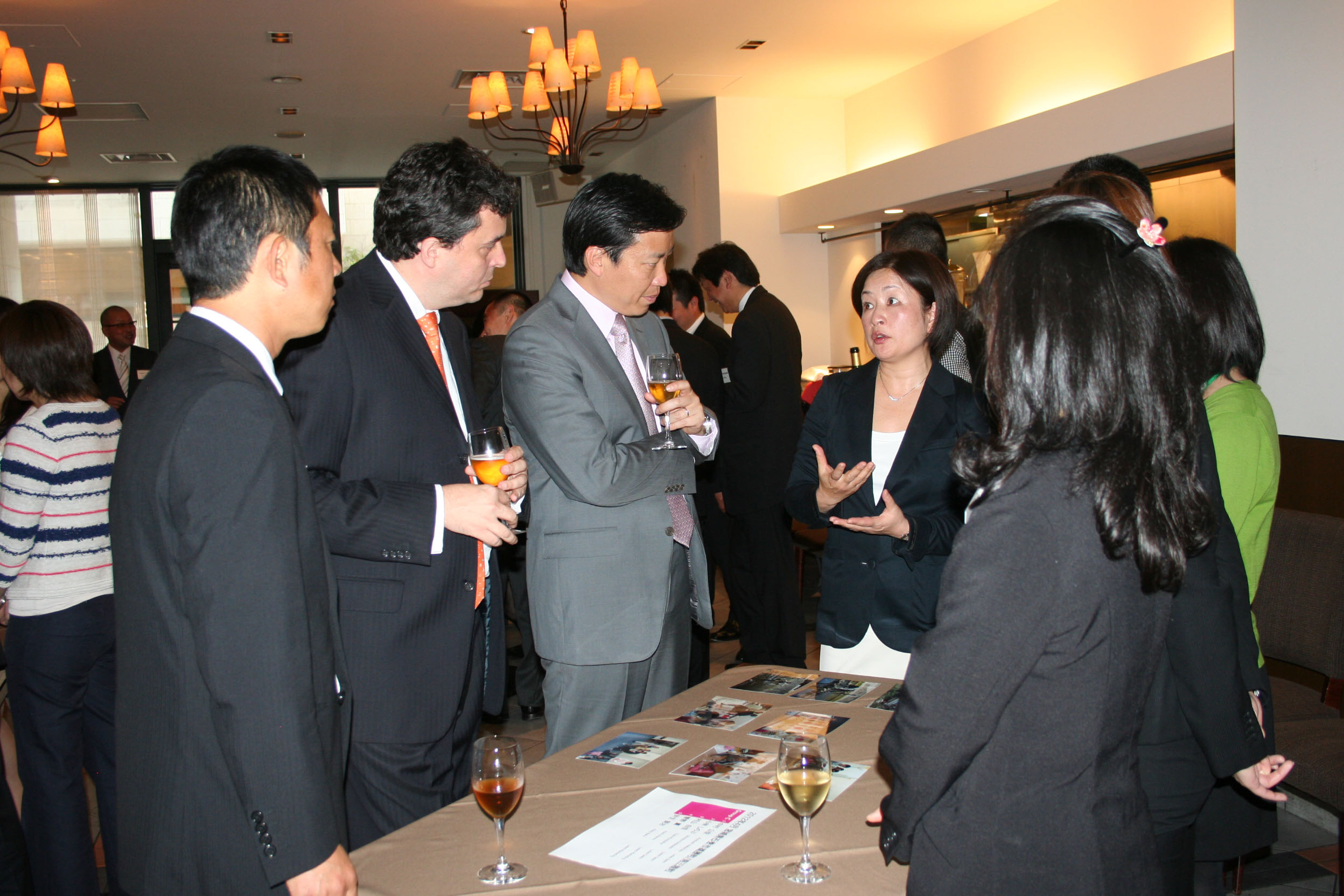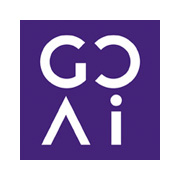- Main page
- Interviews
Varied experience leads to people-to-people bridge-building
August 28, 2017
By Chiho Iuchi
Special to The Japan Times
Some people may choose the most efficient way to become a peacock in their career, but "in the beginning, I didn't know whether I wanted to be a peacock, a swan, or something else," said Yasuko Nagahama, director of both BP Japan K.K. and BP Castrol K.K., group companies within BP p.l.c., formerly British Petroleum. "So I only did what I could, while trying to move forward just a little on my own at each position I was in moment to moment," Nagahama said.

Yasuko Nagahama, HR director and board member at BP Japan and BP Castrol, poses at her office in Tokyo during an interview with The Japan Times on Aug. 15.
CHIHO IUCHI
Her starting point was in the U.S. in the 1980s. Instead of job hunting in Tokyo upon graduating university in 1984, she went to Kentucky, where her father's former teacher lived.
"While majoring in psychology at Gakushuin University in Tokyo, I enjoyed short-term study in the U.S. between my sophomore and junior years. I just wanted to go again, but my idea was nothing more than studying English for a year or so," Nagahama said. After finishing an English as a second language course, she eventually went on to graduate school, receiving a master's degree in educational psychology at the University of Louisville in Kentucky.
Around the time she was finishing her master's, Toyota Motor Corp. started constructing its first U.S. car assembly plant in Kentucky at the invitation of the state. As the sharp appreciation of the yen following the 1985 Plaza Accord had recessionary effects in Japan's export-dependent economy, Japanese automakers were prompted to step up their efforts to launch production operations in North America. The state of Kentucky set up an extension center at the University of Kentucky to support Japanese representatives, workers and their families who were arriving from Japan.
"I received an offer to work at the center," Nagahama said. "Just because I was one of the very few Japanese who lived there, a very different situation from areas such as New York City."
She served as an interpreter at the Toyota plant and as teacher at a school for Japanese elementary and junior high school students. Nagahama wore many other hats over two years to help integrate Japanese newcomers into the local American culture and society.
Returning to Tokyo in 1989, Nagahama joined BP Far East as an assistant and learned basic skills as a businessperson anew.
"At that time, I was not even conscious of BP being one of the energy supermajors," she said. "The Japanese executive secretary, who taught me how to make English black tea, noted that I was not yet accomplished enough as a secretary, but she advised me to pursue a higher goal."
Before long, she was promoted as a business analyst in the Business Development Department and her job became more diverse. She began to work as a liaison between BP headquarters and Japanese companies at their joint ventures under the British manager in charge of lubricant products in Japan, becoming a business liaison manager in the lubricant business in 1995.
"It wasn't easy for a young woman to deal with Japanese old hands in negotiations," she said.
In 1996, she was posted to BP's Asia Pacific hub in Singapore, where she gained further experience in the lubricant business on a project to establish BP's regional technology center.
"It gave me a sense of confidence and broadened my horizons to work in a multinational team overseas," Nagahama said. "Singapore was really an exciting place."
When she returned to Japan in 2000, the global merger and acquisition between BP and British lubricant company Castrol was announced and she was assigned to lead the integration of the two companies in Japan. Her niche position having been in charge of the lubricant business for many years, which may be considered minor compared to the more mainstream oil and gas sections, paved the way to the next step, the same as in Kentucky. In the course of the M&A process, she moved to the Human Resources Department and was engaged in the post-merger HR integration to establish a new organization. In 2002, she became HR manager in charge of other divisions as well, including the gas and power business in the North Asia region, while also serving as HR manager of the Recruitment and Human Resource Development Department. She has been a board member serving as HR director for both BP Japan and BP Castrol since 2009.

Yasuko Nagahama speaks with BP executives during a reception at BP Japan in Tokyo in May 2012, while showing photos of their volunteer activities to support the areas affected by the 2011 Great East Japan Earthquake and tsunami.
BP JAPAN
"I was lucky putting myself in an energy supermajor like BP," Nagahama said. She noted BP's clear mission: "We deliver heat, light and mobility products and services to people all around the world in ways that will help to drive the transition to a lower carbon future," a message that is shared by every worker within the group companies. "From an HR point of view, I am always conscious about how to apply BP's global framework and values to Japan, a critical market for BP," she said.
Throughout its history of more than a century, the company has changed greatly in reflecting the social conditions of the times.
"If we didn't, we wouldn't be able to survive. Companies should change," Nagahama said. She believes that the reason BP can change is because of its flexible organization with diversity and inclusion, with respect for each worker as an individual.
"Compared to Japanese companies with strict hierarchies that require huge amount of nemawashi (behind-the-scenes work in decision making) and the American top-down approach, I feel that U.K. methods are in the middle," Nagahama said. "While clear instructions come down from top management, there is a ‘culture of conversation' in which staff members discuss issues to understand each other."
Additionally, for a large global company with 74,500 employees engaged in operations ranging from upstream to downstream in 72 countries worldwide, there are only about 10 layers from the global CEO at headquarters to a staff member at a regional branch.
"It's a surprisingly flat organization. And the staff members are not treated by their titles, but they are invited to give their individual opinions," Nagahama said.
Thanks to such a corporate culture, Nagahama feels that she has been always given a space in which she could think and act on her own.
"My experience as a student in Kentucky helped me a lot to think and act on my own, as well as bridging people to people," she said, adding that it pays to acquire English as a communications tool.
"As I said, I had no clear career plan at first. It was not at all like targeting and summiting Mount Everest, but I climbed every low mountain, encouraged by supportive bosses and cooperative colleagues. And every time I climb up a little, the landscape changed and I reached where I am before I knew it," Nagahama said.
While further serving as HR director to develop BP's organization that can capitalize on each worker's strengths, she is now actively building networks outside the company, connecting people to people little by little. She looks forward to future landscapes, thinking about how she can share with gratitude and make best use of her experience and expertise to date.

